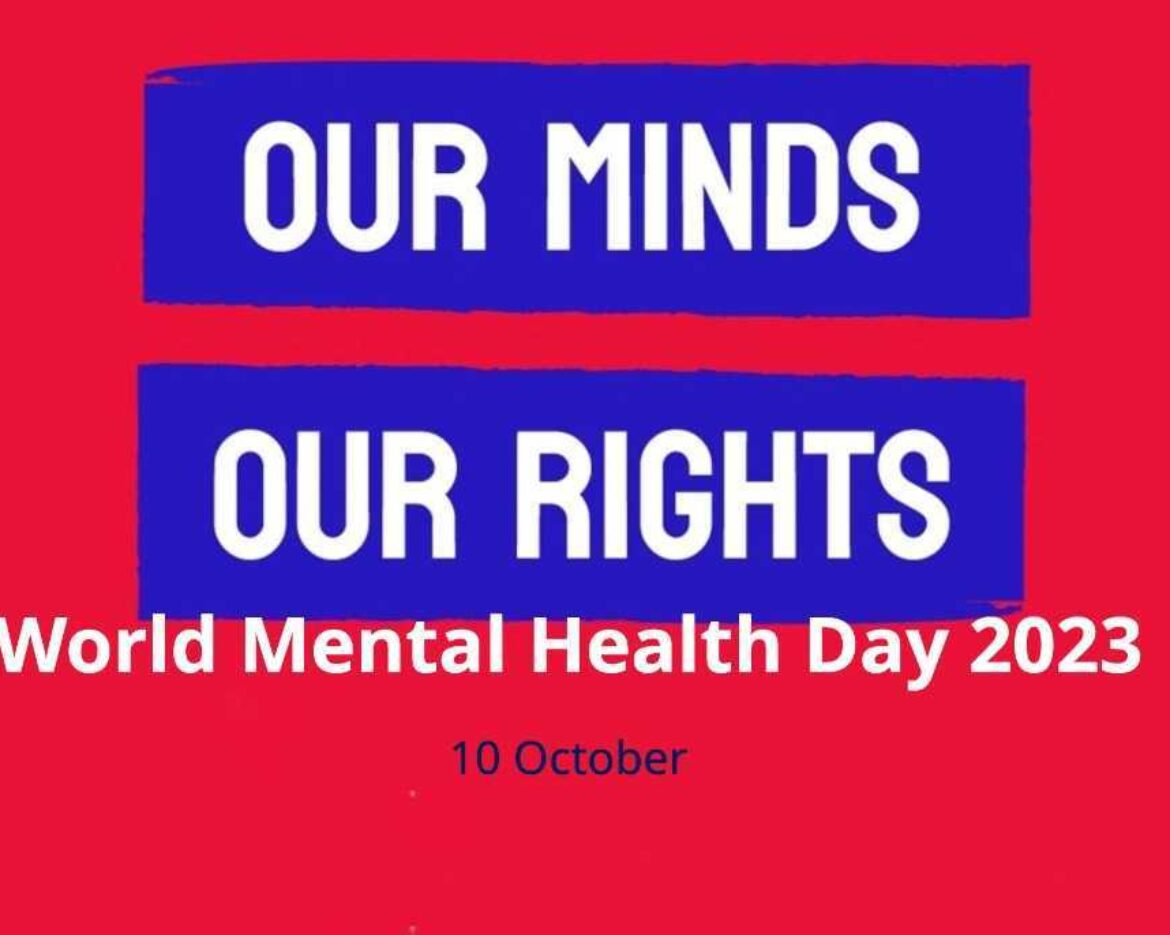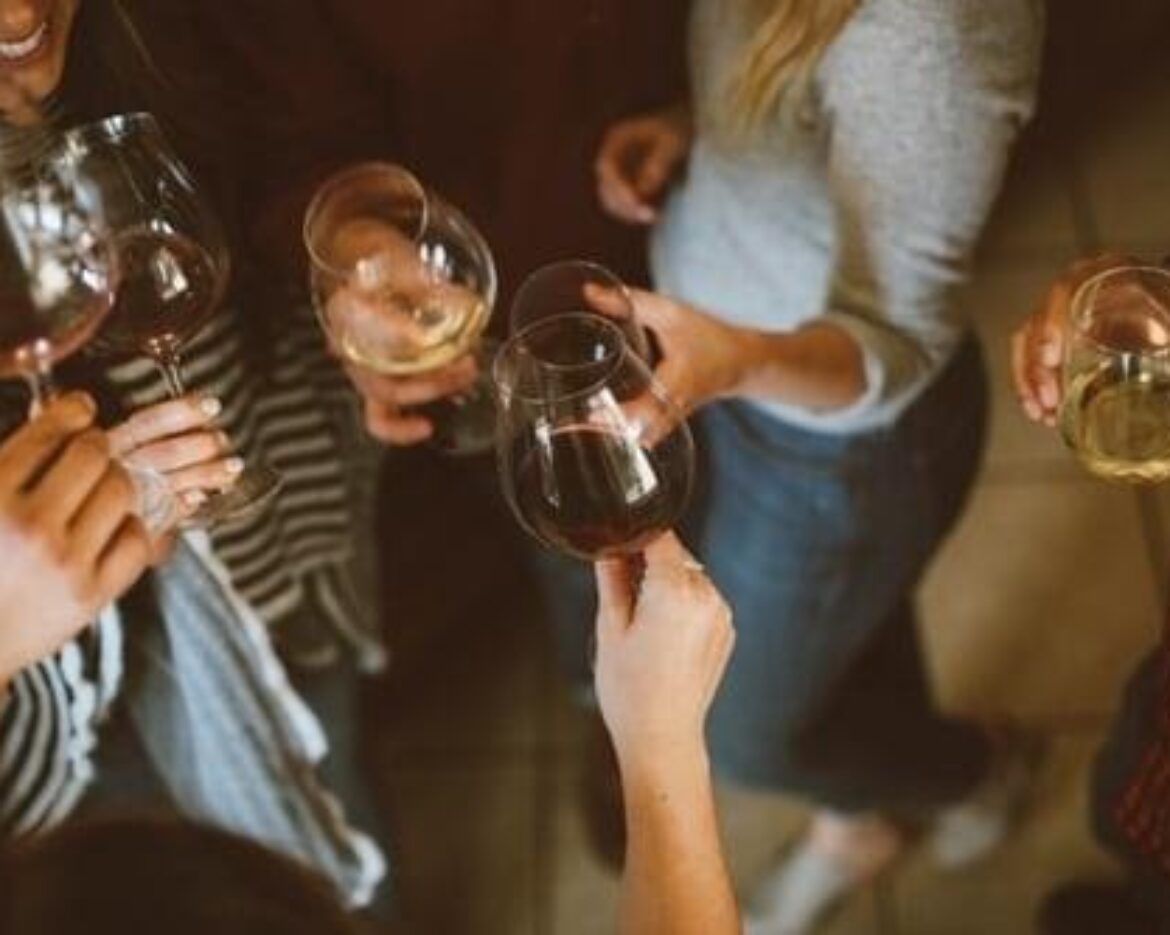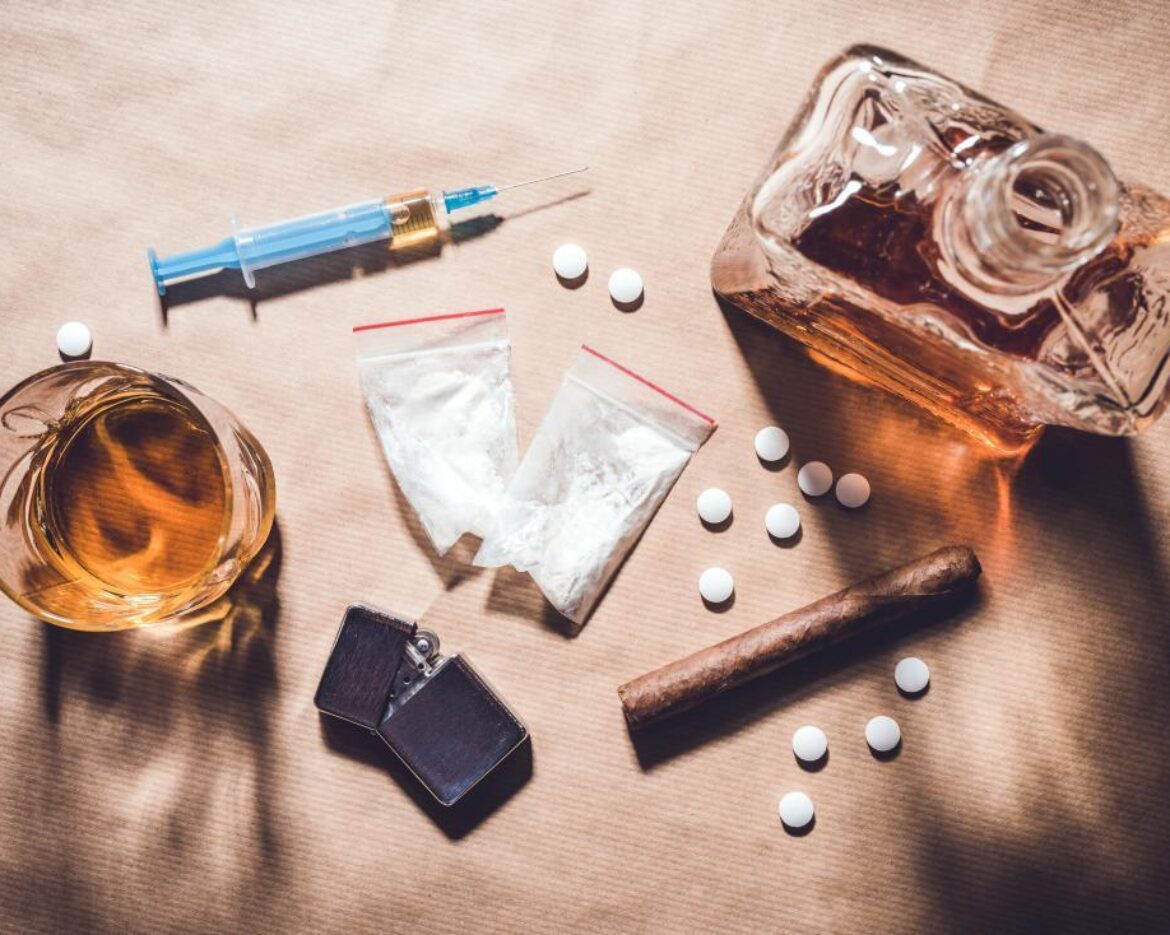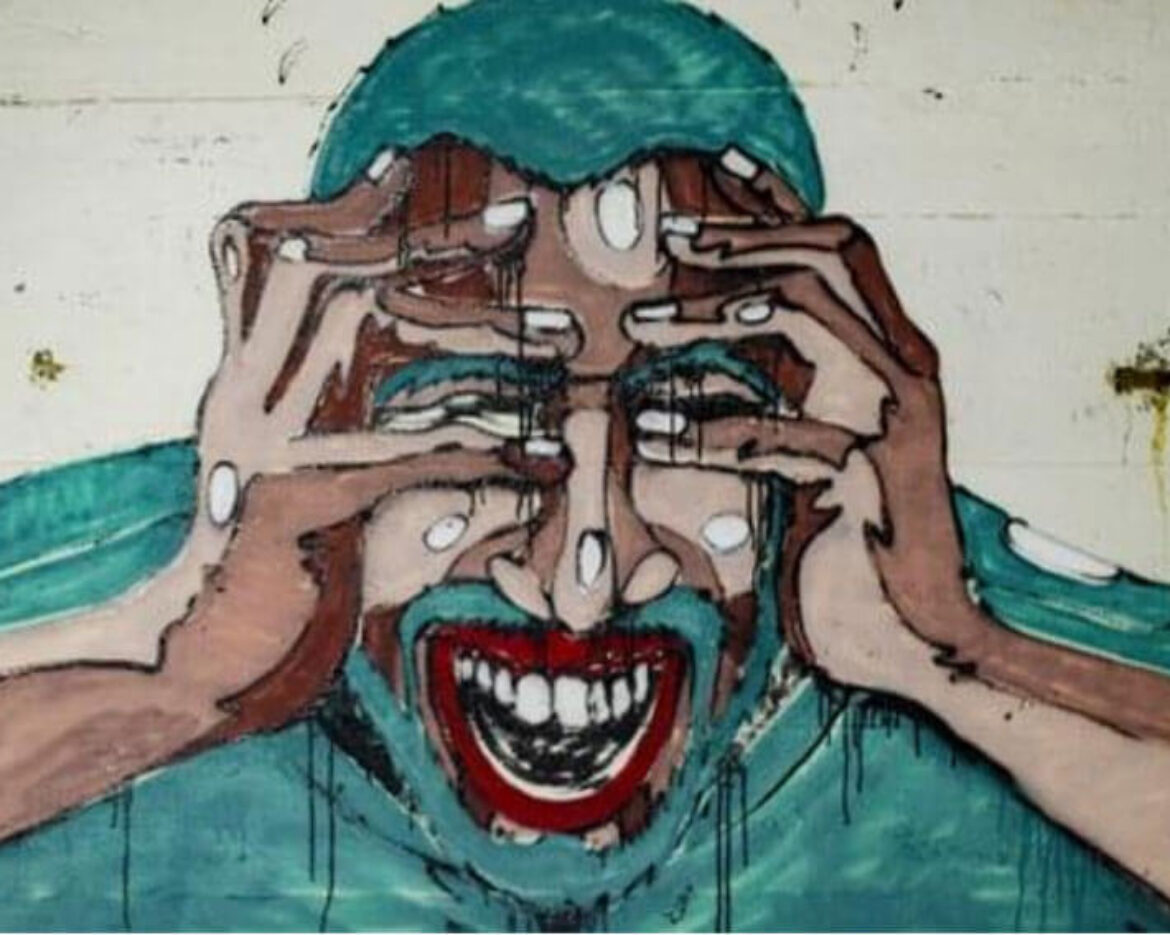Get High on Life!
6 signs that you might be addicted to a substance and what you need to do about it
A Loop of Worry and Restlessness: What Generalized Anxiety Disorder Feels Like
The Big “S” and how to beat it
The dark cloud hovering over millions of lives-Depression
- Mental Health: A Universal Right – Ending Discrimination and Promoting Well-being
- MY LIFE WAS A MESS CREATED BY ME…
- 20 ways to care for your mental health in the COVID times
- Mental health – A silent pandemic
- Our personality and mental health – The secret to wellbeing
- Why is mental health important?
- A BREAK UP AND A NEW JOB LED ME INTO DEPRESSION….
- Get High on Life!
- 6 signs that you might be addicted to a substance and what you need to do about it
OUR STRATEGY
Community awareness
- School awareness programs – trained mental health workers will conduct awareness sessions at schools and colleges to improve the awareness among youth
- Media (both print and electronic) outreach – information handouts, interviews of experts, blogs of survivors, experience of family members will be published in print and electronic media
These awareness campaigns are aimed at informing about mental health problems in youth, specifically those of depression, suicidality and substance abuse.
Life skills training to youth
WHO has defined life skills as “the abilities for adaptive and positive behaviour that enable individuals to deal effectively with the demands and challenges of everyday life”.
We plan to conduct life skills training programs for youth as well as teachers and parents for the purpose of wider dissemination.
Training Gate keepers
- School counselors/ teachers/ peers have the potential to serve as gate keepers to identify those at risk of suicide. We intend to conduct workshops for those of them interested in this program to train them to be gatekeepers. In addition, schools and colleges shall be encouraged to designate gatekeepers to identify youngsters at risk for suicide.
Training General practitioners
Considering the shortage of psychiatrists in the country, general practitioners will be trained to pick up common symptoms and signs of depression, anxiety and substance use. They will also be trained in assessment of suicidality and sensitized about the first line of intervention.
Our goals are:
Research and policy making
In the future, we intend to study the implementation and success of our strategies which we hope shall provide vital information about what really works in helping the youth with their mental health and preventing suicide, so that the program can be improved upon and be implemented more widely.







